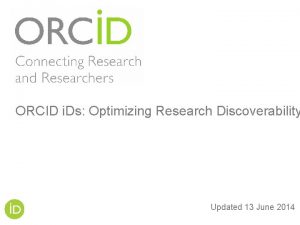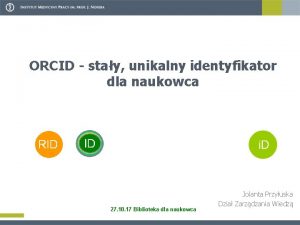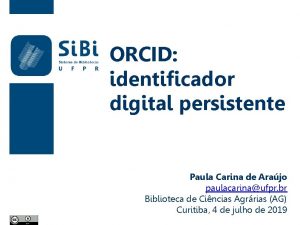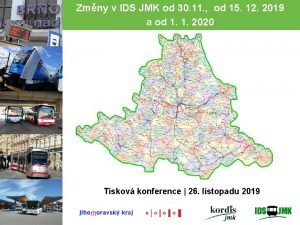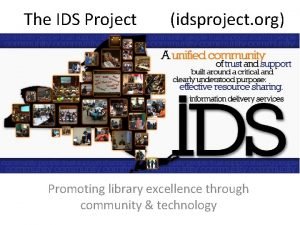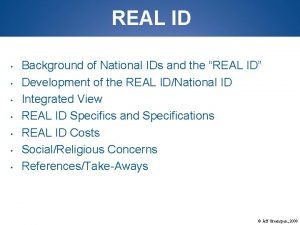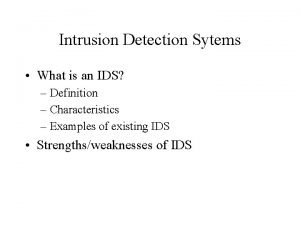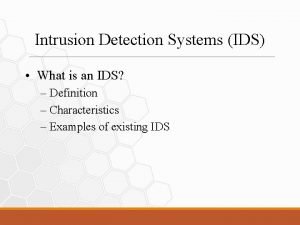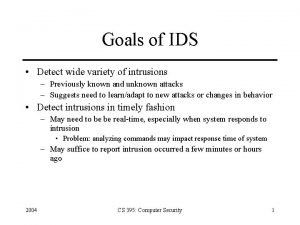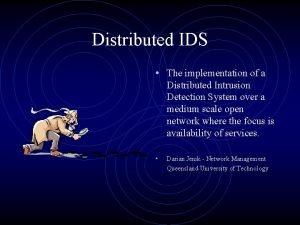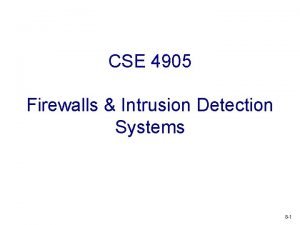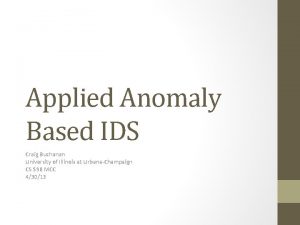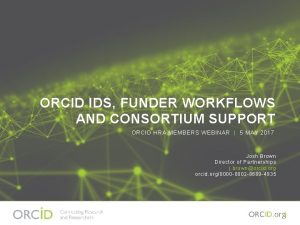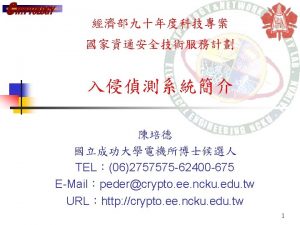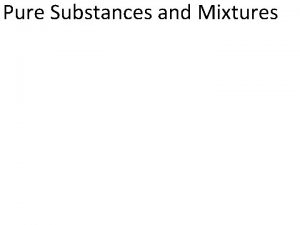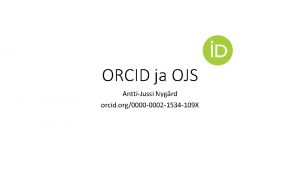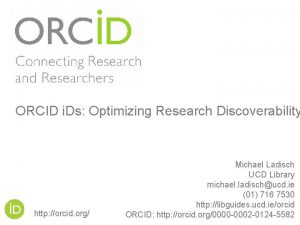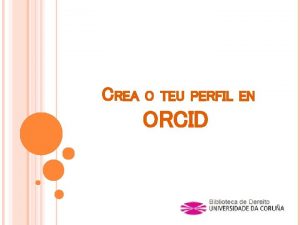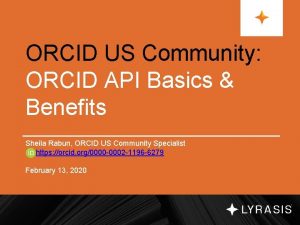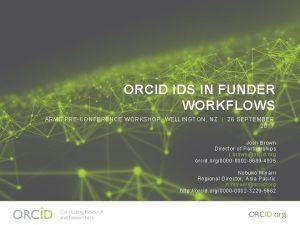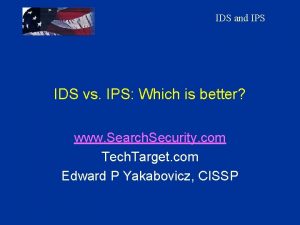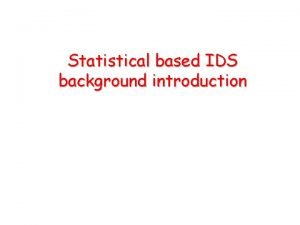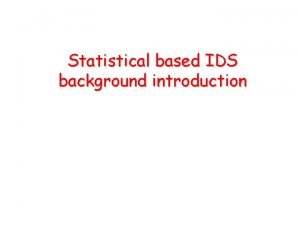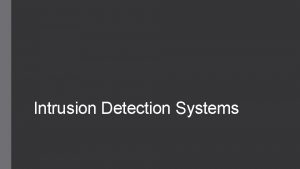ORCID in Pure ORCID and other IDs in




















- Slides: 20

| ORCID in Pure ORCID and other IDs in Pure needed for IT-based collaboration 10 November 2015 - Bo Alroe, Director SE, RM, ERI, Elsevier 1

| My background • CRIS projects since 2004 (our CRIS product is called Pure) 200+ Pure projects - 26 countries - • Some of the Pure projects - Vienna, St. Andrews, VUB Brussels, KCL London, Edinburgh, Monash Melbourne, Lund, Hamburg, Helsinki, Copenhagen, etc. • The countries - South Africa, Australia, Singapore, China, Japan, Korea, Malaysia, England, Scotland, N. Ireland, Wales, Portugal, Fiji Islands, Taiwan, Sweden, Denmark, Finland, Belgium, Netherlands, Germany, Austria, Hungary, Russia, USA, Canada, Saudi Arabia 2

| My background Also, I am from Denmark, where we have one important experience of relevance to the Brazilian speaker before me: 3

| First, what CRIS is Pure? 4

| Consolidate your research info on Use it to provide overview. And to one platform. and ethical comply. E. g. showcase, researchers, departments, evaluate grants, publications, datasets, reviews, press. . . E. g. for more collaboration, better internal evaluation, or faster compliance with funder requirements 5 5

| Info in Pure Persons - researchers, postgraduate students, external persons Organizations - faculties, departments, research groups, external units Funding opportunities - funder, programme, eligibility, etc. Grant applications - stage, funder, programme, amount applied, documents attached Ethical approvals - with all relevant documents attached Grants - Funder, programme, amount, dates, contract docs, applicants, budget Projects - budget, expenditure, participants, collaborators, students, outputs Publications - Peer-reviewed journal articles, books, chapters, theses, etc. Datasets - stored in Pure or in separate data store Activities - Conferences, boards, learned societies, peer reviewing, prizes Impact - narrative recordings of the impact of research – can be peer-reviewed Bibliometrics - citations, impact factors, Altmetrics Press clippings - national and international papers, electronic media Publishers and journals - Names, IDs, ratings Equipment - type, placement, ownership details 6 6

| Data in Pure is related A quick example: Publications and datasets are related to grants. This allows a report to show which publications were funded by which funders That allows highly advanced reporting across the different types of data. This powerful reporting is available instantly to users without technical knowledge. 7 7

| 8 8 In other words Data in a CRIS is uniquely identified, and inter -related. This is key for IT-facilitated RM collaboration; e. g. exchange of data between systems. On the CERIF-model’s person-object in Pure, the Scopus ID, the Researcher ID, and the ORCID are included as standard, others can be added by system admins as needed. Let’s take a look at two of them.

| ORCID in Pure 9

| ORCID support in Pure – where we are • Researchers Can add existing ORCID on profile in Pure - If membership: Can create new ORCID in Pure - Can exhibit on Pure. Portal - • Administrators - Can set institutional membership in Pure o ORCID institution ID and secret, URIs, and other membership details Can set researchers can edit ORCIDs - Can set if researchers can create new ORCIDs - • Technical - We support both ORCIDs open API and the membership API 10

| ORCID support in Pure –Open where we profile. . . are Add existing Show ORCID on ORCID open web Set institutional membership Create new ORCID Allow add and create 11

| ORCID support in Pure – where we are • What happens when a researcher creates new ORCID in Pure 1. 2. 3. 4. 5. 6. 7. 8. 9. 10. Pure checks for existing ORCID on open API If check positive: No action If check negative: Pure request new ORCID from membership API Membership API issues new ORCID in status pending Pure retrieves new ORCID User confirms new ORCID via mail New ORCID changes status to validated Pure holds validated new ORCID ready to use 12

| ORCID support in Pure – where we are going • Automatic population of ORCID profile DEFINITION: The researcher’s public profile on orcid. org is automatically filled with data by Pure Automatic initial population - Automatic maintenance - - Use ORCID when matching content from sources when available o E. g. grants from NIH Reporter 13

| ORCID support in Pure – where we are going • Education What content is on the ORCID profile? Employment work - EDUCATION – Already information in Pure - EMPLOYMENT – Already information in Pure - WORK – Already information in Pure 14

| ORCID support in Pure – questions • When will automatic population of ORCID profiles be in Pure? - With the release of Pure version 5. 5 in February 2016 • Will Elsevier continue to support ORCID in Pure? - Yes, ours is a firm commitment. We also support Researcher ID (TR), Scopus ID (Elsevier), and other source IDs • Are there any charges? - No, existing ORCID support and release 5. 5 is free of charge • What happens when the two ORCID APIs changes? - Then we update Pure accordingly. That is also at no extra charges. • Will Elsevier support ORCID in all its products? - We consolidate our product strategies concurrently, but we are not able to say today how emerging standards such as ORCID will impact them • Is the ORCID ID in Pure a reportable piece of data? - Yes, managers can report on ORCIDs, e. g. include ORCIDs in staff lists 15

| 16 Example use-case

| Showcasing Disclose data from multiple sources online Increase discoverability Qualify profiles Increase collaboration Support Open Access mandates 17 1717

| 1. Showcasing – “We need to improve on the web” Publications - Already there, but slow process and varying data quality Researcher profiles - Some are there but not all – lacks details Discoverability - When people search, they get too many results Collaboration - We need to be more visible for potential collaborators Open access - We need to disclose publications faster and with better QA Pure. Portal is an integrated part of Pure Publications - shown automatically based on rules. Workflows for quality assurance Researcher profiles - can contain all info with relations + updated automatically Discoverability - Finger. Print™ keywords automatically on researchers Collaboration - Collaboration charts Open access - Pure. Portal is a repository. Use it to show articles, track downloads, etc. Showcasing 1818

| Conclusion • Vision for the future (no 1. 2. 3. 4. 5. 6. Move from algorithmic import matching to ID-based matching Move from 70 -80% correct matches to +90% Higher quality data at lower cost Richer and more correct co-authorships More precise collaboration analyses and mapping Controlled move from one institution to another 19

| Thank you www. elsevier. com/research-intelligence 20
 Pbn zaloguj
Pbn zaloguj Orcid
Orcid Orcid
Orcid Orcid co to jest
Orcid co to jest How to find orcid id of an author
How to find orcid id of an author Orcid o que é
Orcid o que é Other initiated self repair example
Other initiated self repair example Mapa ids jmk
Mapa ids jmk Ids project
Ids project Ids background
Ids background Lettre suivie ids
Lettre suivie ids Ohsu health services referral and authorization form
Ohsu health services referral and authorization form What is an ids
What is an ids What is ids
What is ids Ids východ
Ids východ Zbluesoftware
Zbluesoftware Purpose of ids
Purpose of ids Distributed ids
Distributed ids Ids sensor placement
Ids sensor placement Bro ids hardware requirements
Bro ids hardware requirements Ids craig
Ids craig

